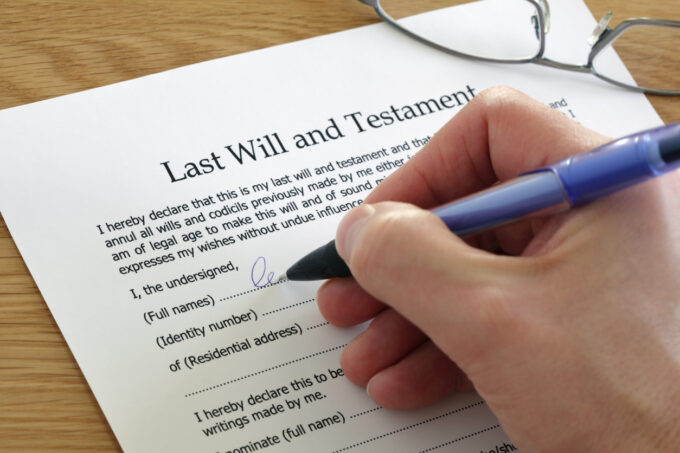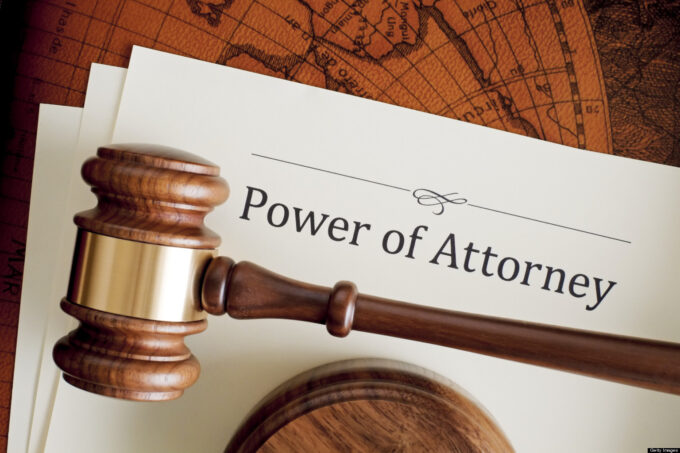Human lives are quite unpredictable. Going with recent research, deaths are on the rise each year, especially in the last decade. On this note, it is essential to sort out your possessions when you are still alive to avoid the hassle and trouble your loved ones might go through after your demise. Make a point to know the benefits of will writing and lasting power of attorney.
Picture a case scenario where you are late, and your possessions have to be divided among your loved ones following government directives. As a result, some may ignore it all while the rightful heirs are given little or nothing. What a mess! Right?
If you don’t write a will while you are still living, this is likely to affect your loved ones. No one knows their time of departure from this world, but you can always write a will and distribute your assets as you wish and keep changing it as time goes by. Failure to write an executable will, your possessions will be taken care of based on set intestacy regulations as per the law. And, it may be unfavorable to your people.
Why you Should Write a will

The provisions in this set of rules do not favor non-civil partners or friends, which might have been your wish. According to you, only those directly related to you will benefit in the absence of a will, and perhaps they did not deserve it. But are there other options? No, because you are absent!
When you write a will, you limit any chances of having disputes among your loved ones. With issues that arise from an inheritance, disputes are naturally unavoidable. Without a will to predetermine the sharing of assets, it only fuels confusion, arguments, further conflicts, and in worse case scenarios, unending court battles.
However, a ready will is a clear but silent voice that does not give room for personal opinions because you distributed your assets as you desired. Simplify things by writing a will regardless of your age as long as you are working because tomorrow is no guarantee.
Read More: kingsguardlegal.co.uk/wills-lasting-power-of-attorney/
Legal Power of Attorney

A will and Legal Power of Attorney(LPA) are two legal terms that are easily confused. An LPA is a legal document stating that your attorney or a legal representative has the power to make decisions about your business and finances in your absence.
However, the two differ in execution: A will is only sufficient when you die, but an LPA can be useful when living. LPA permits another person to make significant decisions on your behalf and personal decisions if you are mentally incapacitated.
For the LPA to be effective, it is when you become a victim of an accident or illness that affects your cognitive abilities and someone trustworthy steps in to take charge. The person seeking the LPA is known as a donor, whereas the assigned task is the donee. The donee is expected to look after his donor’s financial affairs, personal life, and medical welfare faithfully.
These two legal documents (Will and LPA) limit the chances of disputes or conflicts. Because you choose a donee that you trust with your personal affairs to take charge, you will be assured that everything will run smoothly.
Types of Powers of Attorney

All attorney powers function the same by giving another person the authority to act on your behalf, but there are several types. A durable power of attorney is sufficient from the day of execution. For example, if your son is your donee, he can manage your bank account even tomorrow without any further authorizations or permission regardless of if you are incompetent or not.
A springing power of attorney only takes effect after an event that leads to a donor’s incapacitation. If it is signed today, the donee cannot access your financial affairs until the day you cannot do so. Also, a letter from a physician is necessary to effect a springing power of attorney.
Some provisions let you choose the kind of power you give to your donee. For example, a financial power of attorney only allows your donee to execute financial decisions like settling bills but not sell any of your properties.
Hand in Hand(Will, LPA)

Creating a will and LPA is recommended as your power of attorney will protect you in your lifetime while a will protects you after death. These two documents are an umbrella that protects your assets, explaining why both are necessary.
Besides, the two documents are powerful crucial documents that give you peace of mind as they protect your family. And, it is never early to create them because you will edit them as time goes passes.
Conclusion

Death and taxes are the only certainties of life. Although many people don’t like to think of death, it can happen anytime. Making these decisions when in your right mind and healthy allows you to choose a suitable person to take over instead of the court.
Regardless of your health, a Lasting Power of Attorney is ideal for anyone above eighteen years. And, there is no specific age as to when you should consider having a power of attorney.
It would be best to have both a will and an LPA because both acts in different capacities. A will protects your beneficiaries’ interests while an LPA will protect your interests when you are still alive until the day you die, then your will can be effected.
A valid Power of Attorney allows the principal withdrawal or depositing of funds from the donor’s principal financial accounts. They can also change or create beneficiary designations for financial assets and make any other financial transactions.
As important as these two legal documents are, limitations like the donee can only execute decisions, as stated in the legal document. They cannot decide that contradicts or break the agreement as they can be held responsible for fraud.









